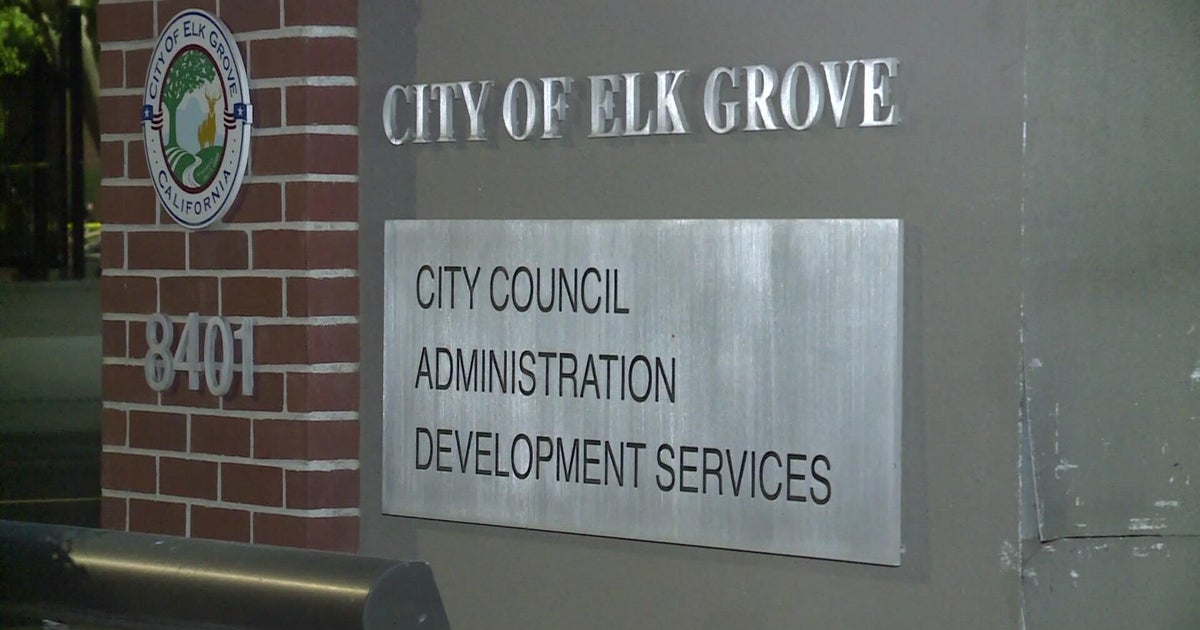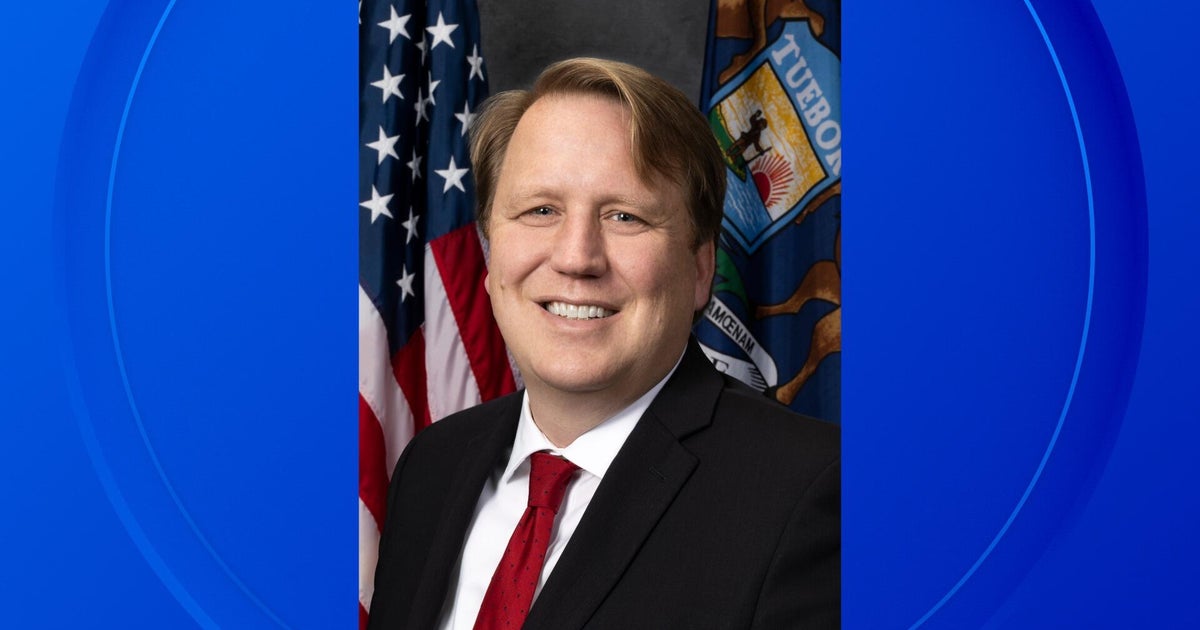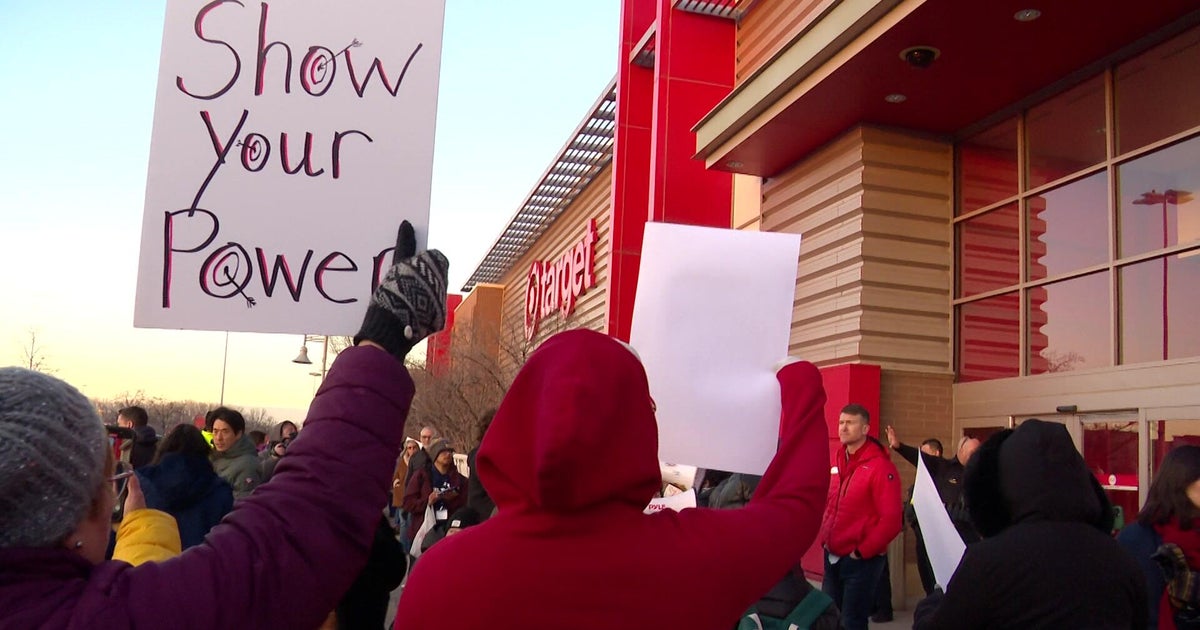NAACP Wants Md. Redistricting Plans Released Early
ANNAPOLIS, Md. (AP) -- The NAACP and other minority groups asked Maryland Gov. Martin O'Malley on Wednesday to release congressional redistricting plans 30 days before October's special session to enable the public to review the proposed map and provide input.
While the NAACP commended the governor for scheduling 12 public hearings across the state, the organization's Maryland president wrote to O'Malley that those hearings only give residents an opportunity to provide general comments-- not specific ones on the governor's proposal once a new map is proposed.
Black leaders want to ensure that new congressional maps reflect growth in the state's African-American population, now about 30 percent, and to ensure that black voters aren't spread out in a way that dilutes influence.
"Releasing these plans early ensures that citizens have an opportunity to review the redistricting plan that will be debated in the General Assembly, and gives citizens a chance to express their concerns to the governor, the Redistricting Advisory Committee and their representatives in the state legislature," Maryland NAACP President Gerald Stansbury wrote in a letter to O'Malley.
The NAACP also is asking the governor to release state legislature redistricting plans 60 days before the start of the regular 90-day session in January, when lawmakers will redraw their own election districts. The American Civil Liberties Union of Maryland also is supporting the advance release of the redistricting plan.
Stansbury wrote that the NAACP is concerned about reduced minority representation in Baltimore. He also expressed similar concerns in Charles, Prince George's, Montgomery and Somerset counties.
"We want to see a plan that does not allow multiple legislation districts to cross jurisdictional boundaries when it dilutes the minority vote," Stansbury said. "We want our governor to keep in mind -- to be race conscious during the redistricting process."
Delegate Aisha Braveboy, a Prince George's Democrat who co-chairs the Legislative Black Caucus of Maryland's Redistricting Committee, pointed out that the state's black population rose 15 percent between 2000 and 2010, according to the census. Now, African-Americans comprise nearly 30 percent of the state's population.
"The state of Maryland is 45 percent minority, and over the next 10 years I dare to guess that it will be a majority-minority state," Braveboy said. "Our congressional and legislative districts must reflect-- must reflect-- that changing diversity of our state and we look forward to working with the governor, and working with the speaker and working with the president of the Senate to ensure fairness and justice for all."
Raquel Guillory, a spokesman for O'Malley, said the current process already is open and accessible.
"There's also opportunity throughout the process for groups and individuals to submit their own plans as part of this very open process," Guillory said.
The state's chapter of the National Association for the Advancement of Colored People outlined specific goals for congressional redistricting. The civil rights group said it wants to safeguard and strengthen two majority-black districts: the 4th district, which is 56.6 percent black, and the 7th district, which is 56.4 percent black. The districts are currently represented by U.S. Reps. Donna Edwards and Elijah Cummings, respectively. Both are black Democrats.
Braveboy said the Legislative Black Caucus would like to make the 4th district more compact and inclusive of more communities that have similar interests by bringing it farther south, so it doesn't stretch up to northern Montgomery County. She also said the caucus would like to keep the base of the 7th district in Baltimore City, with parts of Baltimore County and less of Howard County.
Brave also noted that the black population has grown in the 5th congressional district, represented by U.S. Rep. Steny Hoyer, a member of the House Democratic leadership. She said the caucus is opposed to taking any parts of Prince George's County out of that district and moving them to the 1st congressional district, now represented by U.S. Rep. Andy Harris, a Republican. Some have speculated that state lawmakers may try to target Harris, but Brave expressed concern that such a move would dilute the number of African-American voters in the 5th district.
(Copyright 2011 by The Associated Press. All Rights Reserved.)







